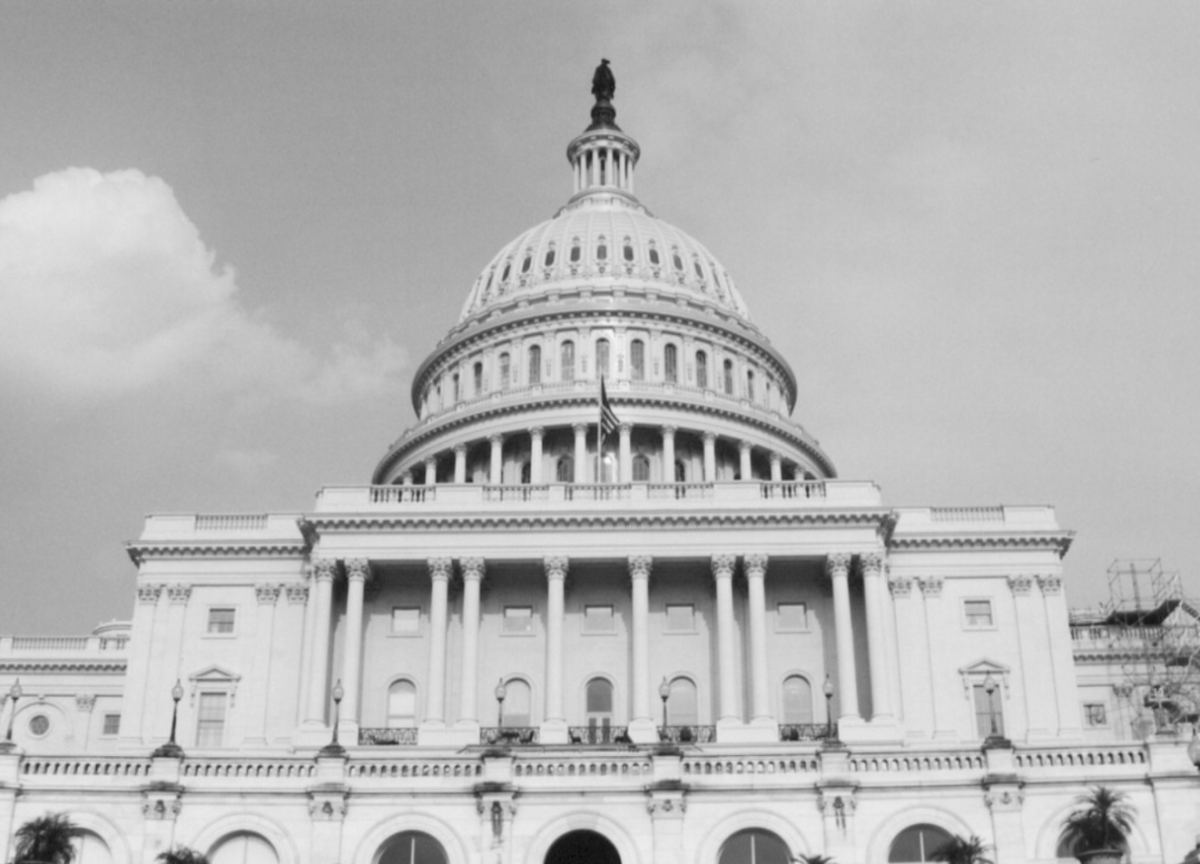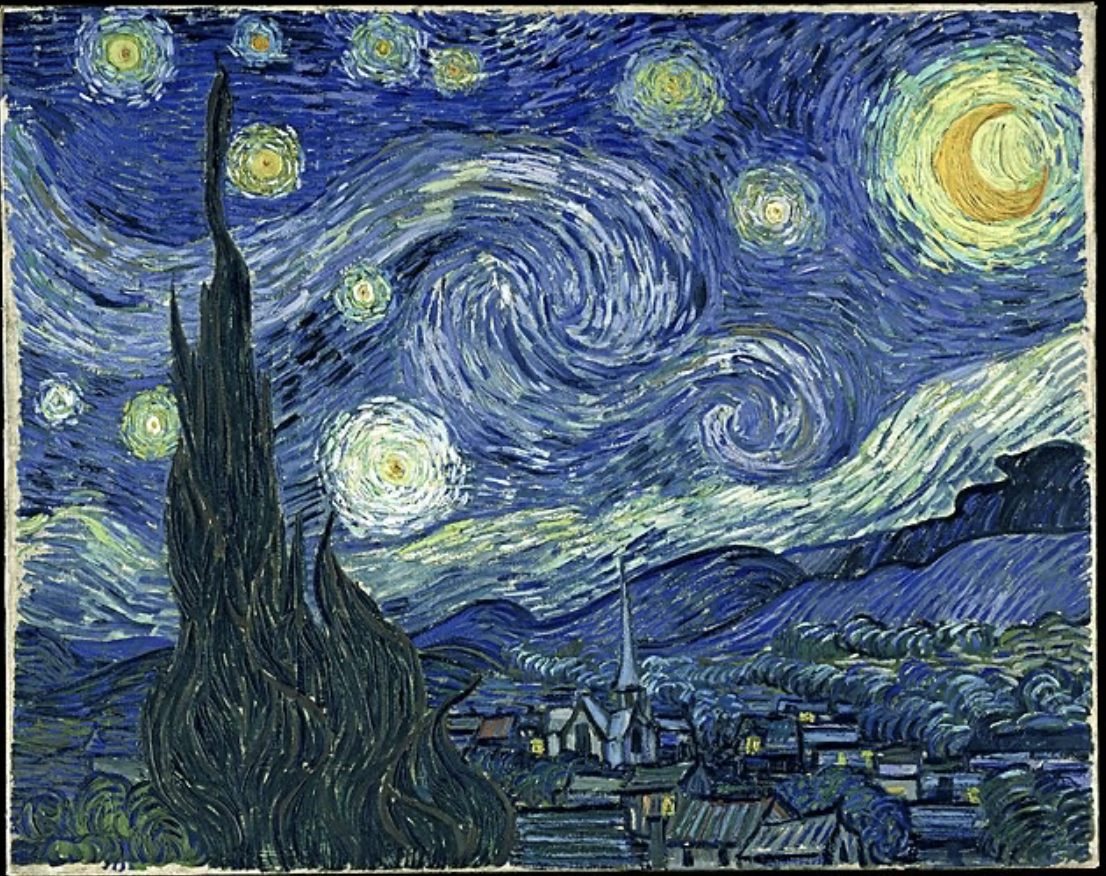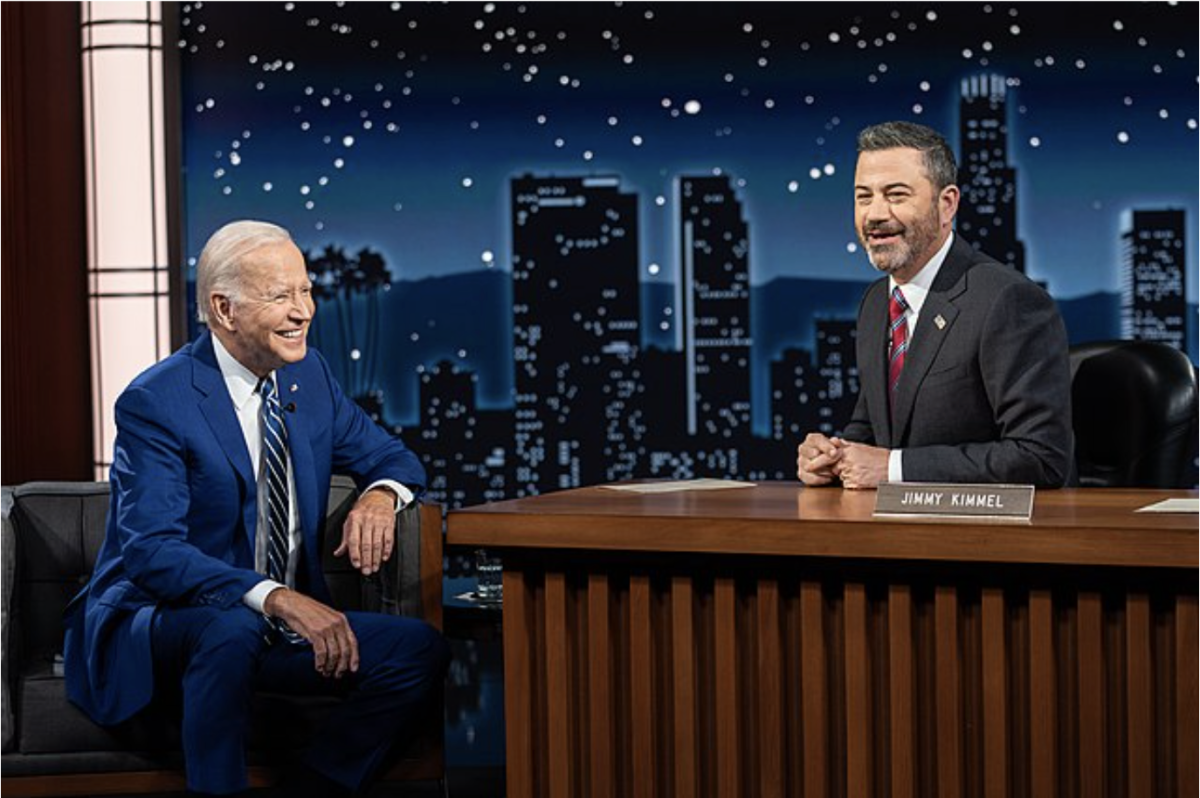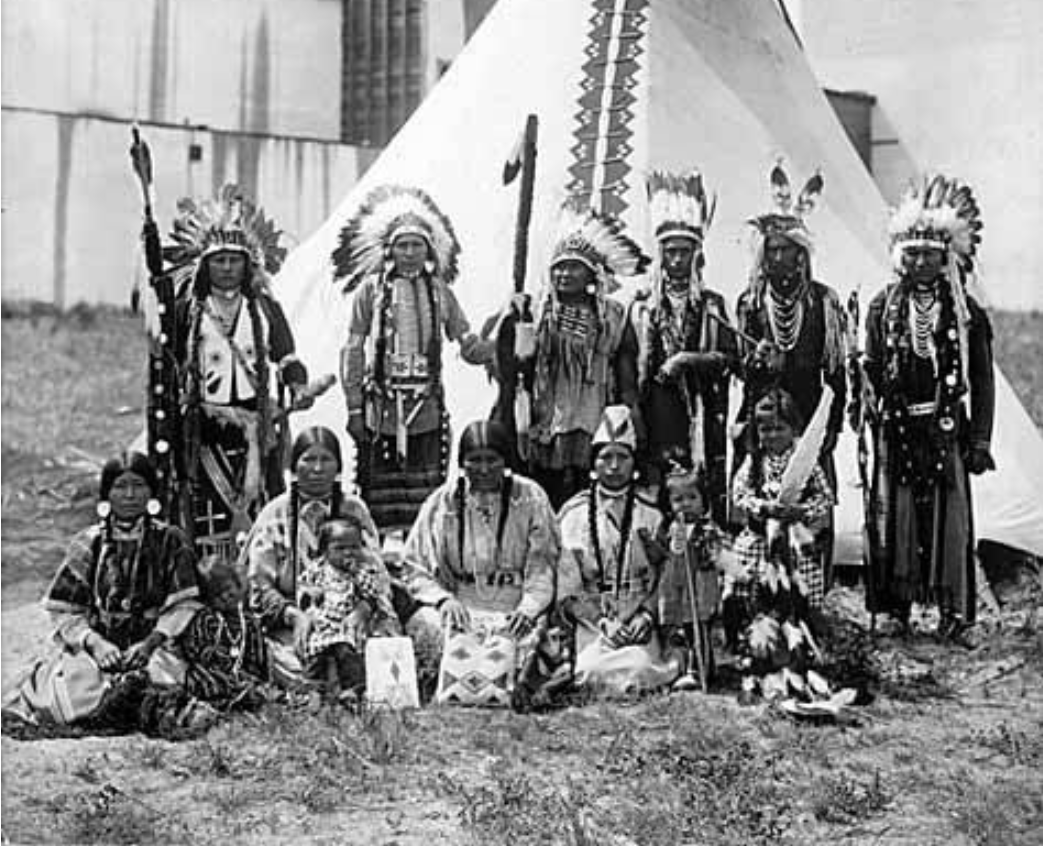Jan. 1 signifies the start of new goals, dreams, and ambitions. People typically used the day to establish a fresh start for themselves.
“I watched fireworks with my family from the hill I live on,” sophomore Leila Sawicki said. “I felt excited for the new year because I have a lot of travel plans coming up,”
The celebration of the new year on Jan. 1 began with the foundation of the Julian calendar, which the Gerogian calendar is based off of, according to EarthSky. The Julian calendar named the month of January in honor of the Roman god of beginnings and time, Janus. When January began, Romans would pray and make resolutions to Janus for a prosperous future.
The old Julian calendar influenced the way people celebrate the new year now through its belief in the power of resolutions and the special passage of time during the first day of January. Nonetheless, not all countries and religions use the Julian or Gregorian calendar, so they celebrate the new years according to their own calendars. For example, the Jewish new year Rosh Hashanah usually occurs in September, and the East Asian Lunar New Year typically occurs in February.
“I grew up in the Philippines, and while my family celebrated the new year on Jan. 1, because of the strong Chinese influence, our new year looked a lot closer in practice to the Lunar New Year celebration,” ethics teacher Michael Campos said. “For example we have a lot of fireworks, we have a lot of gifts, and we have specific foods and sweets that are actually very Chinese in origin, so the new year is very Asian.”
As a tradition, resolutions are created to give meaning to the new year and to let go of unwanted habits from the previous year. Many of which are goals for them to follow throughout the year, according to sophomore Alexandra Herrmann.
“On New Year’s Eve I went to a party to celebrate the arrival of the new year and we had fun watching videos of the firework displays in other countries,” Herrmann said. “My New Year’s resolution is to stop procrastinating as much on my work.”
Some superstitions that people take part in to welcome the new year include the Spanish tradition of eating twelve grapes under a table to find luck in love, the Central American tradition of walking around with a suitcase to signify travel plans, and the classic tradition of kissing your partner as the clock strikes midnight. The optimistic culture around the new year superstitions allow participants to easily seek out luck and fortune in the new year.
“I think this year has a lot of promise and new opportunities,” Sawicki said. “I’m eager to see how it will play out.”















